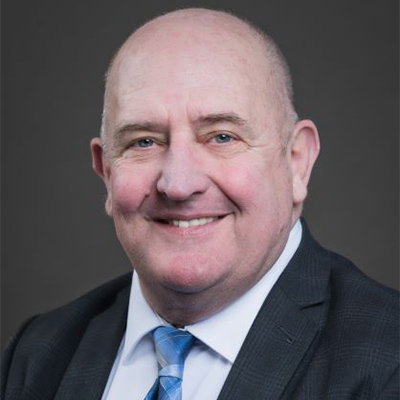
The Idaho Public Utilities Commission last week said it will not join with other state regulators in an initiative to lay the groundwork for an independent RTO designed to serve the entire Western Interconnection.
The Idaho Public Utilities Commission last week said it will not join with other state regulators in an initiative to lay the groundwork for an independent RTO designed to serve the entire Western Interconnection.
Regulators from Arizona, California, New Mexico, Oregon and Washington proposed the West-Wide Governance Pathway Initiative in July in the face of increased competition for members between CAISO’s Extended Day-Ahead Market (EDAM) and SPP Markets+.
The proposal is intended to increase the potential for establishing a single wholesale electricity market that would include the participation of CAISO and build on the ISO’s existing Western Energy Imbalance Market and EDAM, for which the ISO recently filed a tariff with FERC. (See Regulators Propose New Independent Western RTO.)
Backers of the initiative issued an open letter Aug. 29 inviting stakeholders in the Western U.S. and Canada to build “Phase 1” of the effort, which will include “deciding on the form, mission and scope of an entity with independent, West-wide governance.” (See Backers of Independent Western RTO Seek to Move Quickly.)
But in a press release Thursday, Idaho regulators said they had voted unanimously not to participate.
Among their concerns was the conclusion that the initiative “has been less than transparent concerning its creating and funding.” The Aug. 29 letter stated that work on the initiative would be backed by “funding derived exclusively from 501(c)(3) sources,” an arrangement that would “be evaluated over time and will likely require supplementation as the workload intensifies.”
The Idaho commissioners said also that “there is no evidence that the initiative’s goal of independent governance is feasible without changes in California’s legislation,” an issue which has long impeded CAISO’s efforts to expand into the wider West.
The regulators additionally called the initiative’s goal of seating a board of directors by January 2024 “premature and unrealistic” and said that “at its core, the initiative presumes economic benefits for Western states without justification or specifics.”
“As always, the IPUC respects other commission, state and stakeholder decisions concerning participation with the initiative,” Idaho PUC President Eric Anderson said in the release. “However, given the IPUC’s concerns, the inherent flaws in the creation of the initiative and the initiative’s current actions and goals, the IPUC does not see a viable path forward for the initiative or that participation would result in any specific net economic benefits for Idaho customers.”
The governance initiative was the key topic during a panel discussion among utility commissioners at CAISO’s EDAM Forum in Las Vegas on Aug. 30. The commissioners acknowledged that Phase 1 would operate outside of any existing organization or decision-making process, and they asked regional stakeholders to provide feedback on how to structure the process.
Speaking on the panel, California Public Utilities Commission President Alice Reynolds said the effort is intended to set aside the problem of CAISO’s governance and determine what an independent entity “needs to look like.”
During a separate panel at the forum, Idaho Power CEO Lisa Grow lauded CAISO’s efforts in developing the EDAM but questioned the need for the West to create a full RTO in the near term.
Grow said that, unlike utilities in Colorado and Nevada, Idaho Power doesn’t “have legislative or PUC-mandated things that we have to do towards an RTO, so we can kind of watch how this goes.”




